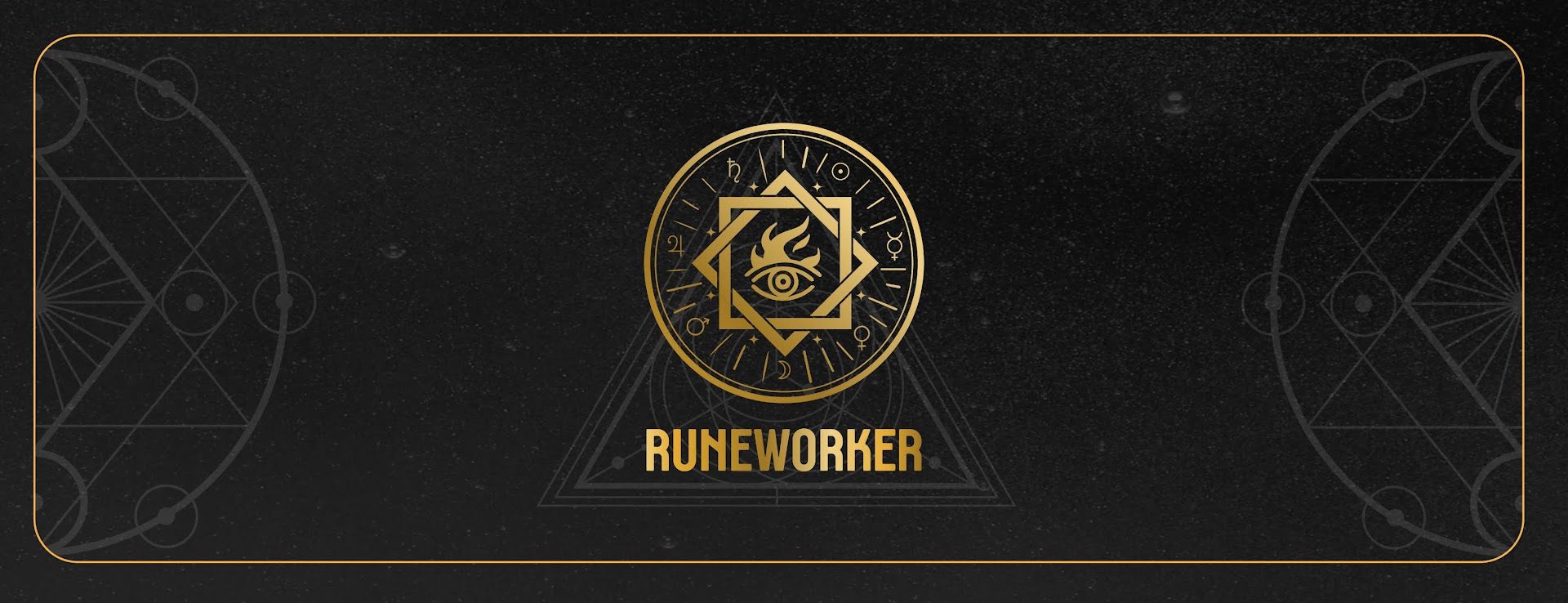Gebo is the letter G
Anglo-Saxon Rune Poem (from ragweedforge.com)
Generosity brings credit and honour, which support one’s dignity;
it furnishes help and subsistenceto all broken men who are devoid of aught else
Gebo’s appearance strikes a strong chord with me, as for the reading I did encompassing the year, it was the rune that embodies the whole of 2010. So when it appears on any other level, I tend to pay attention.
In contemplating Gebo, I always arrive at the keywords that I have given it. Gift, exchange, partnership, contracts: the essence of Gebo embodies this social elements, that can interplay on many other levels. One that is occurring to me right now comes about from my reading of Three Books of Occult Philosophy by Cornelius Agrippa. In the 3rd book, he discusses those things that are necessary of religion, which he sees as being integral to practice of magic. In being aware of his medieval bias towards Catholicism and Christianity (which was both culturally and politically expedient) A lot of what he says does seem to have value, especially when it comes to how to approach and interact with spiritual entities, whether Gods, intelligences, spirits, demons, demigods/heros etc… While the particulars laids out by Agrippa have relevance, what comes through to me is the essence of partnership, exchange and contract. Offerings, vows, adorations, sacrifices and everything else is really about drawing the pleasure (or appeasing the wrath) or these spiritual powers. At the highest, the physical things are not necessary, because the highest and most transcendent doesn’t need those physical things. But in doing them, you enter into relationship and partnership with them. There is give and take, credit and honor, and in doing so, you can gain help when you have little else.
Often, for myself though, I don’t identify with the religious connection. I don’t always see myself as a servant of the Gods, because that is not who I am, or what I want to be. It doesn’t mean that I can’t serve them, at least to come into a benevolent relationship with them, but for myself personally, it is never a relationship where I give up my liberty to serve them.









